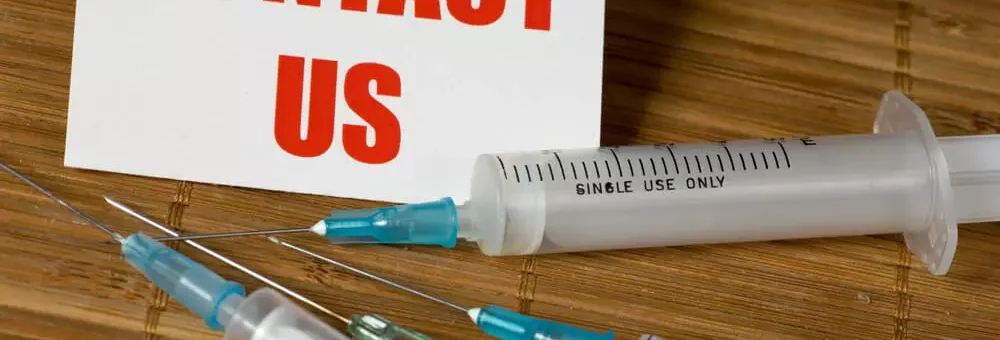
Harm Reduction vs. Abstinence in Addiction Treatment
Legacy Healing Center Blog
What Is Harm Reduction in Addiction Treatment?
Harm reduction in addiction treatment acknowledges that not everybody is ready to stop substance use. The process entails providing safer places, education, and sterile paraphernalia to drug users as a way of support to reduce deaths due to preventable causes such as the spread of infectious disease and overdose.
Click here to speak with a treatment specialist today or call us anytime 24/7 at (888) 534-2295
Goals of Harm Reduction Measures
The goals of harm reduction measures include:
- Keeping people alive and protecting their health through providing health care, paraphernalia, education, and information on ‘safer’ ways to use drugs, etc.
- Improving drug laws so they are not detrimental to the health of those who use drugs, like decriminalization of possession, reducing abusive policing policies, providing free harm reduction services, banning forced drug testing, etc.
- Focusing on the incremental quality of life improvements over 100% abstinence, providing alternatives to abstinence-based models of addiction treatment, and making all treatment for drug addiction voluntary.
- Reducing the stigmatization of drug use in society, treating everybody with dignity, compassion, and respect.
Risks of Harm Reduction Measures
Some of the principal risks of harm reduction measures include:
- It keeps people with substance use issues in their cycles of addiction, with patterns of use that can only become more serious over time.
- It may promote drug use, as the idea of “safe” drug use can mislead people into believing it is not dangerous or detrimental to their health and wellness to begin using illegal drugs.
- It is not an appropriate response to all drug addictions and does not address the underlying issues with addiction.
- People may “switch out” one addiction for another, like moving from heroin to alcohol abuse, believing it is less harmful, but are continuing to harm their body, mind, and spirit.
- People may not limit their intake as much as they think they can, as using drugs and alcohol will lower inhibitions and increase risky behavior.
What Are Abstinence Based Models of Addiction Treatment?
Abstinence-based models of addiction treatment aim to stop all use of drugs and alcohol, or engage in any addictive behaviors, for a lifetime. It is the best method of treatment for the body to be able to heal itself. In most abstinence-based rehabilitation centers, you will receive counseling, therapy, and mental health treatments, so you can recover the underlying root of your addiction.
Risks and Benefits of Abstinence Based Addiction Treatment
Some of the risks of abstinence-based addiction treatment include:
- It may scare people away from seeking treatment, as they may believe they cannot go completely without the substance or fear the withdrawal symptoms.
- If there is a lack of social support or a sober community at home, people may turn back to drugs or alcohol once their time in rehab is complete and feel like they have “failed.”
The benefits of abstinence-based addiction treatment include:
- It treats the underlying causes of addiction, finding the reasons why you are turning to substances as an escape from reality and treating it, breaking the cycle of addiction. Mental health issues are also addressed through dual diagnosis treatments.
- It stops and can even reverse the adverse physical effects drugs and alcohol are taking on the body, including cognitive effects, so you will be able to think more clearly.
Addiction Treatment at Legacy Healing Center
At Legacy Healing Center, we offer a medically assisted detox that includes medical and psychological care and can help you through your initial withdrawal symptoms safely, without pain or suffering. Our rehab programs can be tailored to best suit your needs, with services such as:
- Medical treatment
- Mentoring by sober coaches
- 12-step integration
- Transition assistance
- Career services
- Nutrition and fitness coaching
- Meditation and spirituality
- Multiple types of therapy
After inpatient rehab, we provide a continued support system through our flexible outpatient programs that can last for as long as you need, so you will always have somewhere to turn when things feel difficult. Contact Legacy Healing at 888.534.2295 today to learn more about our treatments for addiction and where you can get started.
